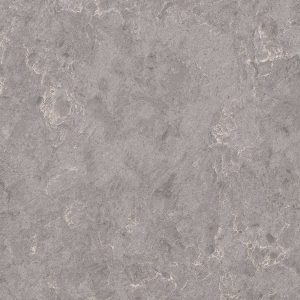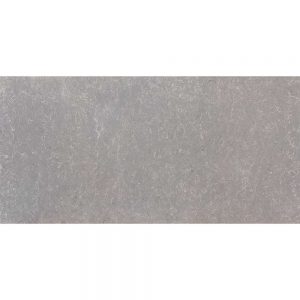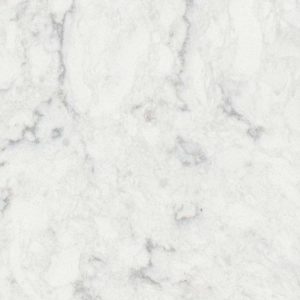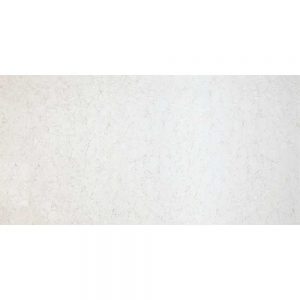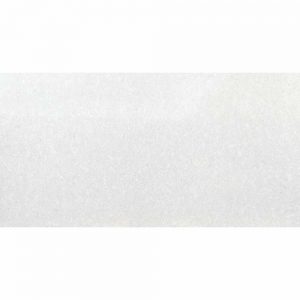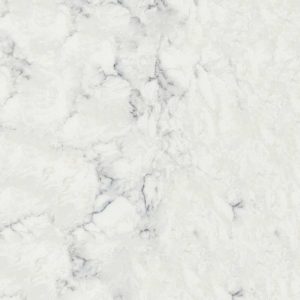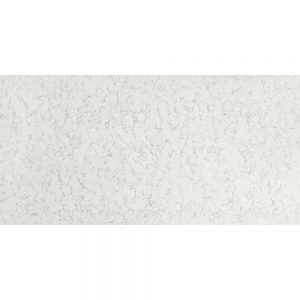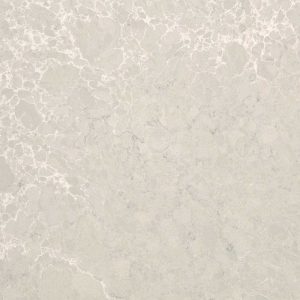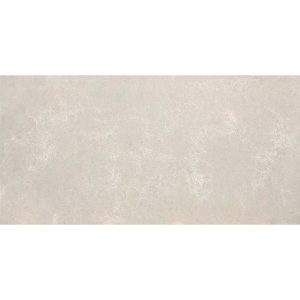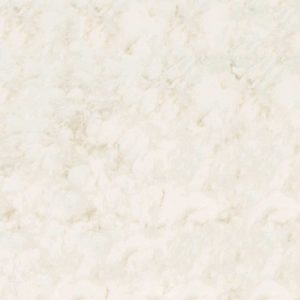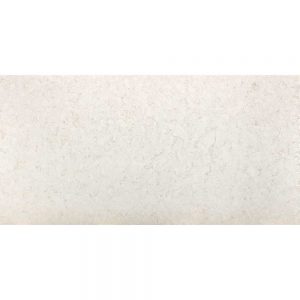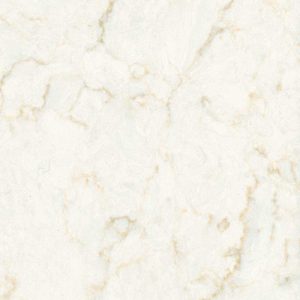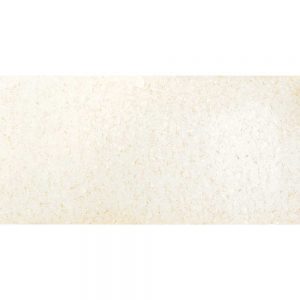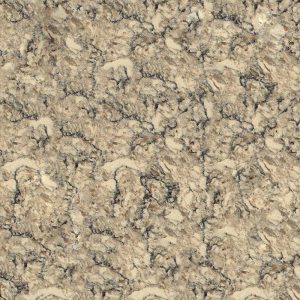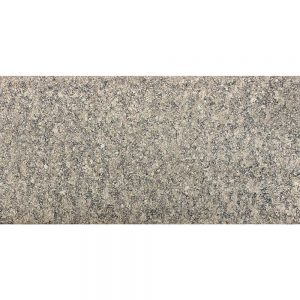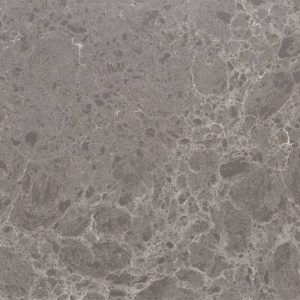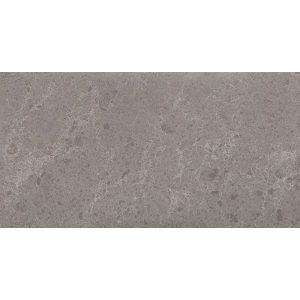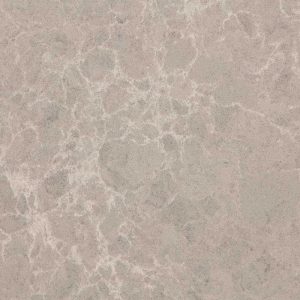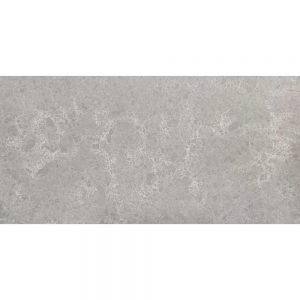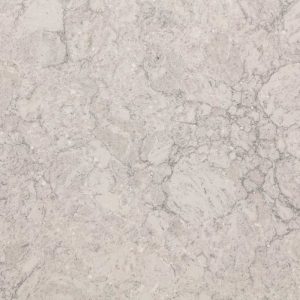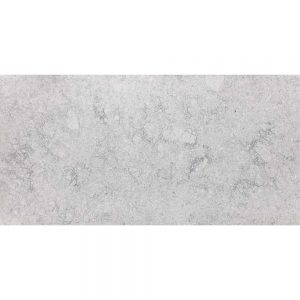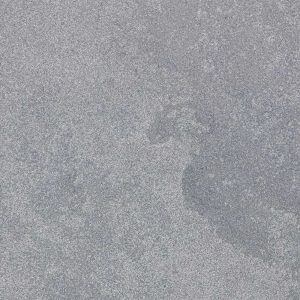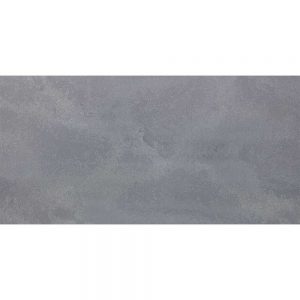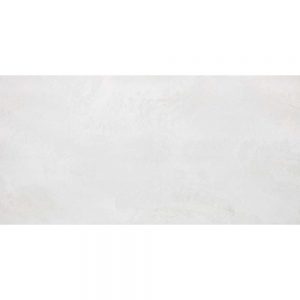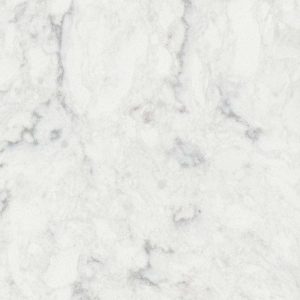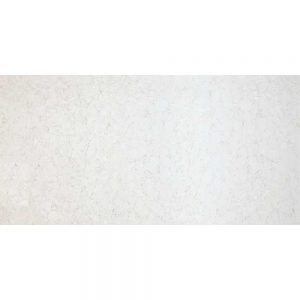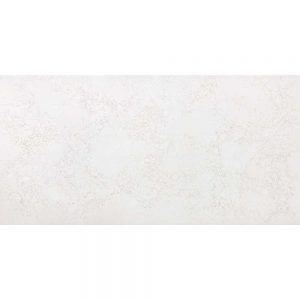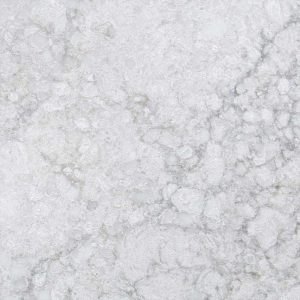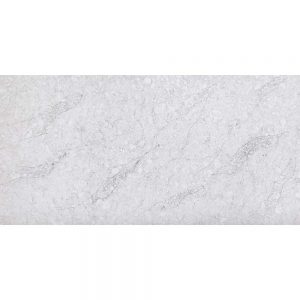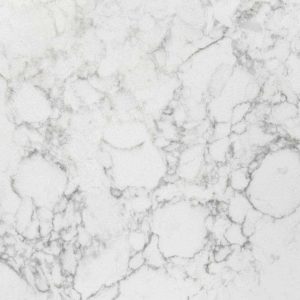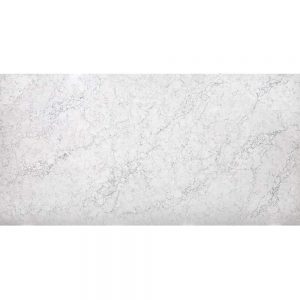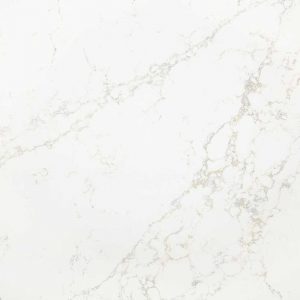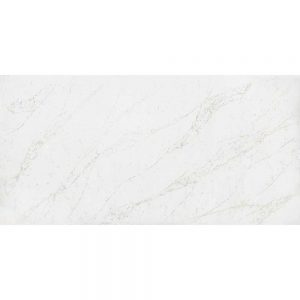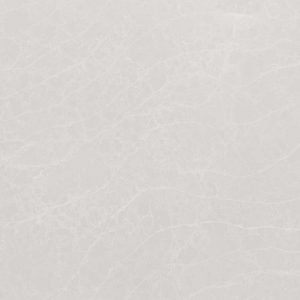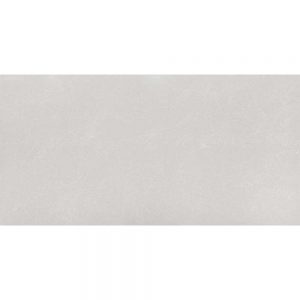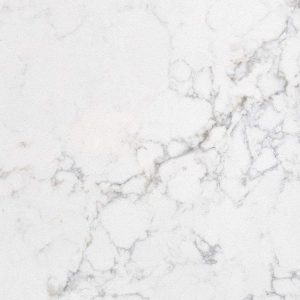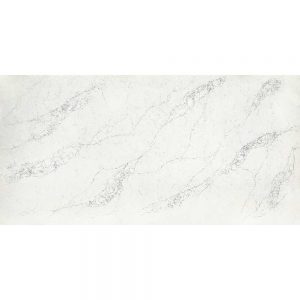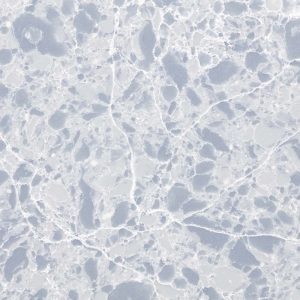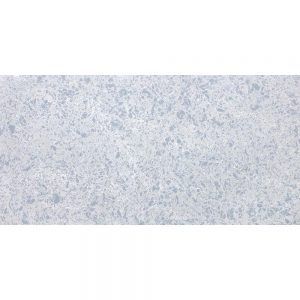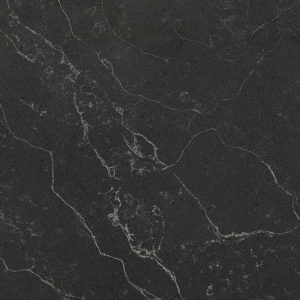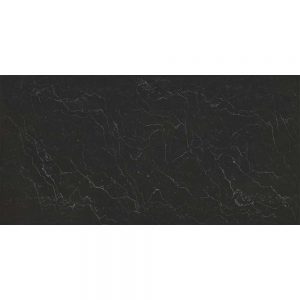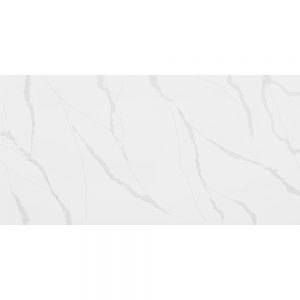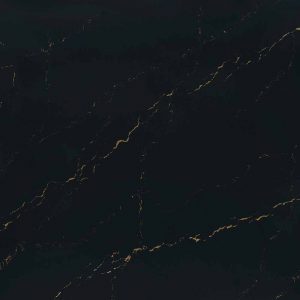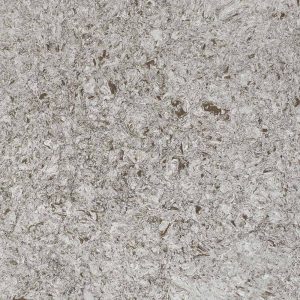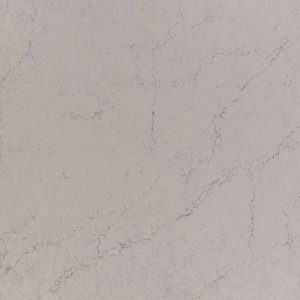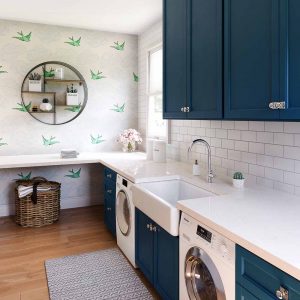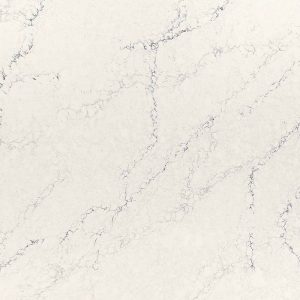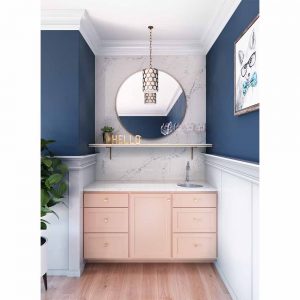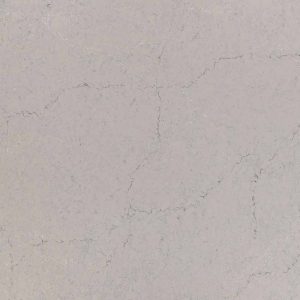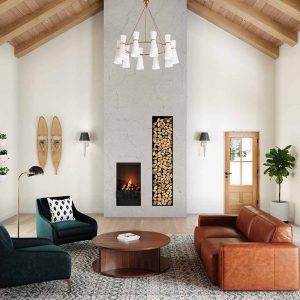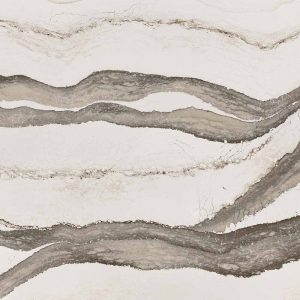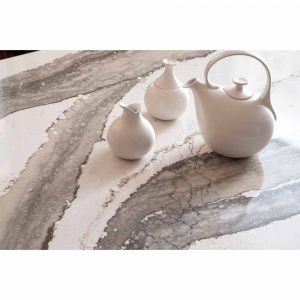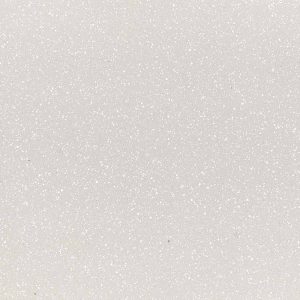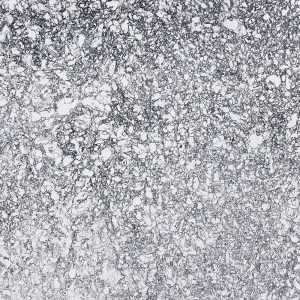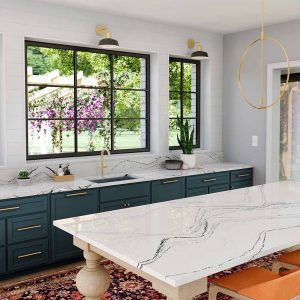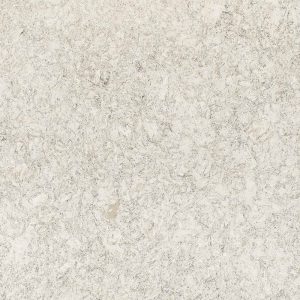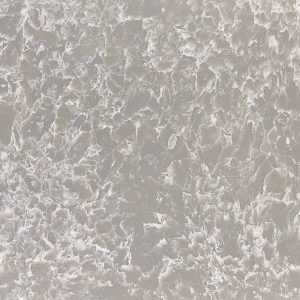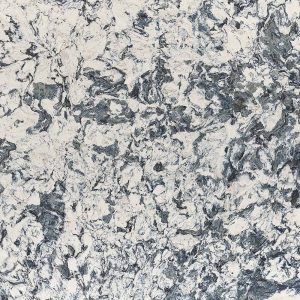Engineered Stones Quartz Countertops
Kitchen Quartz Countertops
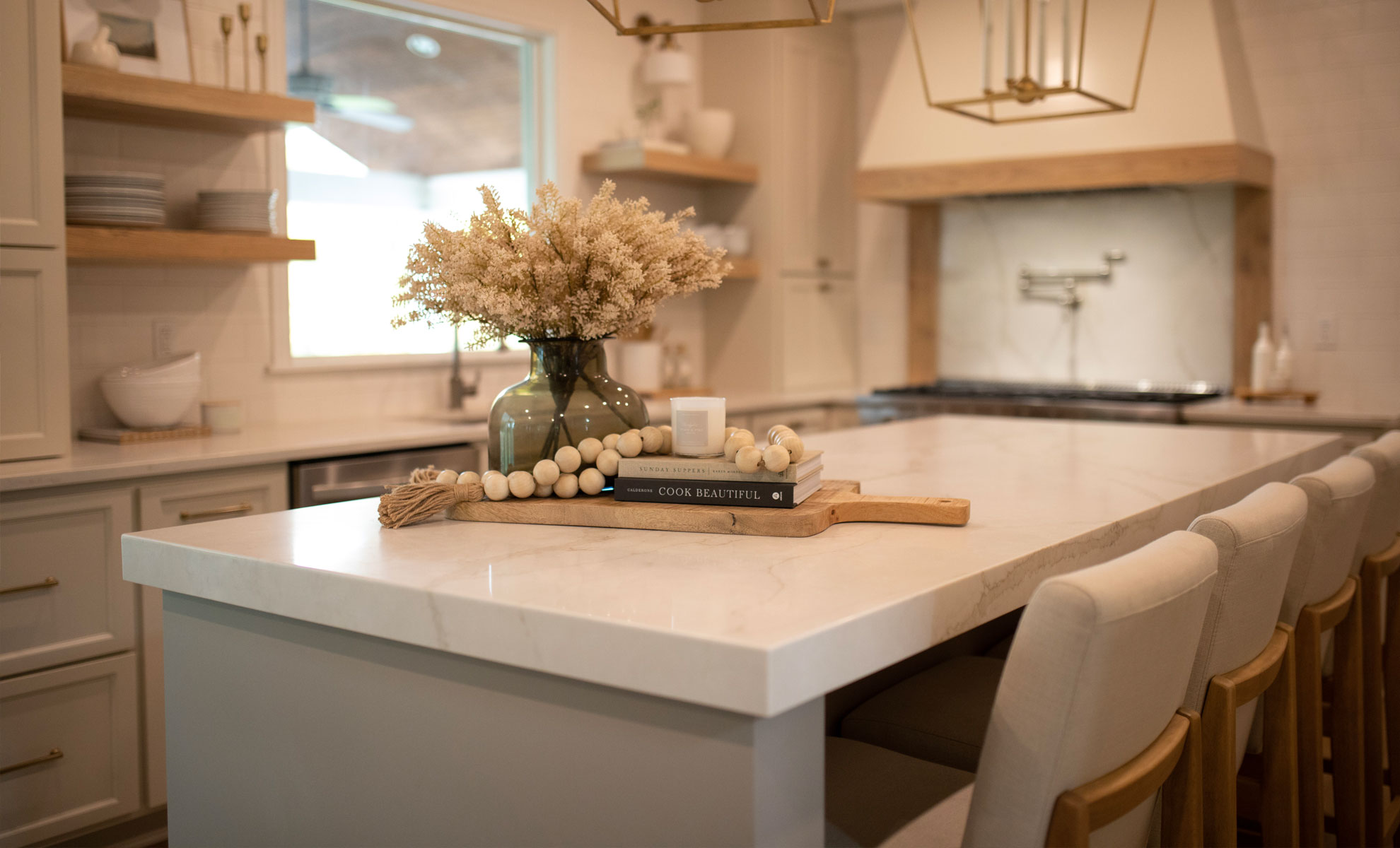
Quartz Countertops
Kitchen and Bathroom countertops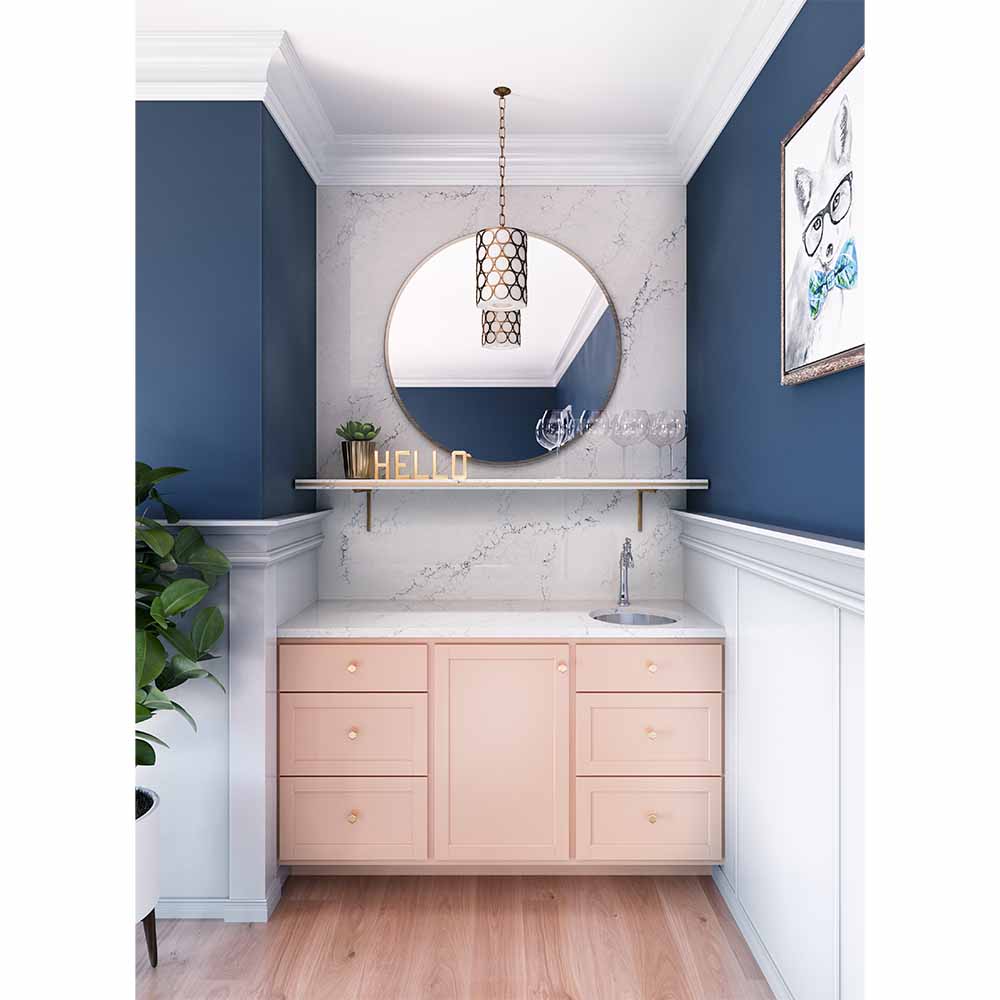
Quartz Countertops
Kitchen and Bathroom countertopsBathroom Quartz Countertops
Quartz Countertops FAQ
- Durability: Quartz is one of the hardest materials, making it resistant to scratches, chips, and cracks.
- Non-Porous Surface: Unlike natural stone, quartz doesn’t absorb liquids, which makes it highly resistant to stains and bacteria growth.
- Low Maintenance: Quartz requires no sealing, polishing, or special cleaners. A simple wipe with soap and water is enough to keep it clean.
- Wide Variety of Designs: Quartz comes in an extensive range of colors and patterns, from natural stone-like designs to bold, modern options, offering endless customization.
- Consistency: Unlike natural stone, quartz slabs have consistent patterns and colors, making it easier to match your design vision.
- Heat and Impact Resistance: While not entirely heat-proof, quartz countertops can handle daily kitchen use, including minor temperature changes and impacts.
- Eco-Friendly Options: Many quartz countertops are made with recycled materials, offering a more sustainable choice.
Unfortunately, there's no one-size-fits-all answer to "granite vs. quartz" - it truly depends on your specific needs and priorities!
Both materials boast stunning aesthetics and remarkable durability, but they cater to different preferences:
Granite:
- Natural beauty: Every slab is unique with stunning veining and variations, offering unmatched character and charm.
- Heat resistant: Can withstand hot pots and pans without scorching.
- Lower initial cost: Can be more affordable than quartz, especially for certain varieties.
- Requires maintenance: Needs resealing periodically to maintain stain and scratch resistance.
Quartz:
- Low maintenance: Virtually stain and scratch-resistant, and needs no sealing.
- Hygienic: Non-porous surface inhibits bacterial growth.
- Wider color and pattern options: Offers a more consistent and customizable look.
- Heat sensitive: Can be damaged by extreme temperatures, requiring caution with hot cookware.
- Higher initial cost: Generally more expensive than most granites.
To choose the best fit for you, consider:
- Budget: Granite may be initially cheaper, but factor in sealing costs.
- Lifestyle: High-heat cooking favors granite, while low-maintenance needs favor quartz.
- Aesthetics: Do you prefer the natural character of granite or the consistent variety of quartz?
- Maintenance: Quartz demands less upkeep, while granite needs resealing.
Ultimately, the best way to decide is to explore both materials in person. We encourage you to visit our showroom to compare granite and quartz slabs, discuss your needs with our experts, and find the perfect countertop that brings your dream kitchen to life!
It's a common misconception that quartz is always more expensive than granite, but the truth is a bit more nuanced. The cost of both materials can vary widely depending on several factors:
Granite:
- Type: Exotic granites with rare colors or patterns can be significantly more expensive than basic, domestically sourced varieties.
- Thickness: Thicker slabs naturally cost more per square foot.
- Fabrication and installation: The complexity of the countertop design and the skill of the fabricator can impact the final price.
Quartz:
- Brand and quality: Higher-end quartz brands with superior resins and pigments will be pricier than basic options.
- Pattern complexity: Intricate patterns with multiple colors or textures can drive up the cost.
- Thickness: Similar to granite, thicker slabs cost more.
Here's a general comparison to give you a rough idea:
- Basic granite countertops: $40-$70 per square foot installed.
- High-end granite countertops: $100-$200+ per square foot installed.
- Basic quartz countertops: $50-$80 per square foot installed.
- High-end quartz countertops: $75-$150+ per square foot installed.
As you can see, there's significant overlap in the price ranges. So, in some cases, quartz can actually be cheaper than granite, especially if you choose a basic pattern and a reputable fabricator.
Ultimately, the best way to determine which material is more cost-effective for your project is to get quotes from qualified countertop contractors. They can assess your specific needs and preferences and provide accurate pricing based on the type of material, thickness, size, and complexity of the countertop design.
Quartz countertops are engineered stone surfaces composed of:
- 90-95% ground quartz: This mineral, the hardest naturally occurring component, provides the countertop's strength and durability. Imagine tiny, sparkly quartz crystals!
- 5-10% resins and pigments: These binders hold the quartz particles together and create the desired color and pattern. Think of it like glue and food coloring for the countertop.
The manufacturing process involves:
- Crushing quartz and other stone aggregates: Think of it like a giant blender for rocks!
- Mixing the crushed stone with resins and pigments: This creates a dough-like mixture.
- Pressing the mixture into slabs under high heat and pressure: This molds the material into the final countertop shape.
- Cooling and polishing the slabs: This creates the smooth, shiny surface you see in kitchens.
Here's a table summarizing the key components of quartz countertops:
| Component | Proportion | Role |
|---|---|---|
| Ground quartz | 90-95% | Provides strength and durability |
| Resins | 5-7% | Binds the quartz particles together |
| Pigments | 3-5% | Creates the desired color and pattern |
In essence, quartz countertops are a blend of natural beauty (the quartz) and human ingenuity (the resins and pigments). This combination gives them the best of both worlds: the stunning aesthetics of natural stone and the low maintenance and high durability of a man-made material.
Read more on: Which kitchen countertop to choose?
While quartz countertops are known for their durability and heat resistance, placing a hot pan directly on them is not recommended. Here's why:
The culprit: resin
Quartz countertops are made of up to 95% ground quartz, which is naturally heat-resistant. However, the remaining 5-10% is made up of resins, which bind the quartz particles together and give the countertop its color and pattern. These resins are not as heat-resistant as quartz and can be damaged by high temperatures.
Potential risks of placing a hot pan on quartz:
- Scorching: Extreme heat can cause the resin to burn, leaving behind a visible mark or discoloration. This is especially true for pans straight out of the oven or used for high-heat cooking.
- Cracking: In severe cases, rapid temperature changes caused by a hot pan can lead to small cracks in the countertop.
Alternatives to placing hot pans directly on quartz:
- Use trivets or hot pads: This is the safest way to protect your countertop from heat damage. Place a trivet or hot pad under hot pots and pans before setting them down.
- Let the pan cool slightly: If you can't wait for the pan to cool completely, let it sit on the stovetop or another heat-resistant surface for a few minutes before placing it on the countertop.
Remember: Quartz countertops are a valuable investment, so it's important to take proper care of them. By following these simple tips, you can enjoy the beauty and durability of your quartz countertops for many years to come.
- Excessive Heat: Sudden temperature changes, such as placing a hot pan directly on the surface, can cause thermal shock, which might lead to cracking.
- Heavy Impact: Dropping a very heavy object with significant force on the countertop could cause damage.
- Poor Installation: Improper installation or lack of support in weak areas (like around sinks or overhangs) can make the countertop more susceptible to cracking.

